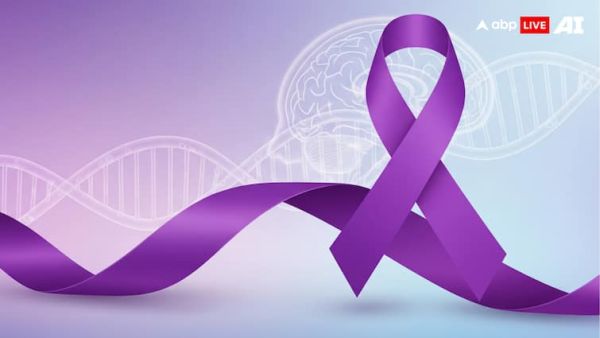
(By Dr. Thenral S. Geetha and Dr Prashanth LK)
Alzheimer’s, which used to be associated with progressive aging, is no longer considered a symptom of the normal aging process. Research shows that our risk of developing the disease is significantly impacted by our genes. Understanding a person’s genetic predisposition to the disease guides how clinicians, families, and caregivers can prepare for better management of the condition and awareness is the key to this preparedness.
This World Alzheimer’s Day, let us look at some of the signs to watch out for and how genomic-led early intervention can make it easier to navigate the diagnosis and treatment journey.
Forgetfulness Or Warning Sign?
Repeatedly forgetting conversations, getting lost in familiar places, or struggling to manage household chores, memory lapses such as these, that start disrupting normal life, are early signs to watch out for. Neurologists emphasize that spotting symptoms early is crucial as Alzheimer’s develops silently for years before obvious symptoms appear. For those with a family history, this is even more critical.
The Genetic Imprint Of Alzheimer’s
From a genetic perspective, Alzheimer’s is of two types, Early-Onset Familial Alzheimer’s Disease (EOFAD) and Late-Onset Alzheimer’s Disease (LOAD).
Early-Onset Familial Alzheimer’s Disease (EOFAD):
EOFAD is rare. It typically affects individuals in their 40s or 50s. It is usually caused by inherited mutations in the APP, PSEN1, or PSEN2 genes, which follow an autosomal dominant pattern, which means that you only need one copy of the mutated gene, from either parent, to inherit the disease.
Late-Onset Alzheimer’s Disease (LOAD):
LOAD, on the other hand, is more common, appearing after 65. It is usually caused by a combination of various genetic variants and environmental factors. The most influential is the variation in the APOE gene. However, many people with APOE mutations never develop Alzheimer’s, while many without it still do, reminding us that lifestyle and environment powerfully interact with genetics.
Families And Risk: Reading Between The Lines
If a parent or sibling has Alzheimer’s, the person’s risk is about three to four times higher than average. But higher risk does not necessarily mean certainty of the disease. That distinction is where science gives hope.
Today, genetic testing offers clarity in the diagnosis of rare familial cases. It enables neurologists to offer more accurate prescriptions, reducing the financial and emotional burden on patients. In the case of late-onset Alzheimer’s, while prediction is currently challenging, genetic tests can assess the individual’s risk, guiding lifestyle changes and targeted tests.
For patients and their families, Alzheimer’s is as much an emotional burden as a medical urgency. Hence, before and after a genetic test, genetic counselors guide individuals and families through the process, assess family history, explain the genetic results, and help people make informed decisions.
Why Early Detection Is More Important Than Ever
With some of the FDA-approved drugs showing the ability to slow cognitive decline if given early, the medical landscape is shifting. For the first time, there is evidence that Alzheimer’s might be intercepted in its earliest stages. This makes early diagnosis through clinical evaluation, cognitive tests, brain imaging, and in some cases genetic counseling, more valuable than ever. Families who act sooner have more options for better management of the condition.
Living With Knowledge, Not Fear
Genetic tests tell us our chances of developing the disease, but how we respond to that information is what determines our quality of life. Early awareness, informed choices, and support and care from the people around them will be crucial for shaping the quality of life for Alzheimer’s patients.
Dr. Thenral S. Geetha is Principal Scientist at MedGenome and Dr Prashanth LK is Consultant Neurologist at Movement Disorders Clinic, Bangalore
[Disclaimer: The information provided in the article, including treatment suggestions shared by doctors, is intended for general informational purposes only. It is not a substitute for professional medical advice, diagnosis, or treatment. Always seek the advice of your physician or other qualified healthcare provider with any questions you may have regarding a medical condition.]
-
Just a message on WhatsApp and your retro style saree photo ready, the way is very easy

-
Corporate Cybersecurity Threats Exced 7,000 Cases in Past 6 Years in South Korea | Technology news

-
ACT Enterprise Broadband: Empowering MSMEs with Big Business Connectivity

-
Pakistan again got a shock, match referee in the match with India will be Andy Pycroft

-
IND-W vs AUS-W, 1st ODI: India begins dress rehearsal for World Cup against mighty Australia
